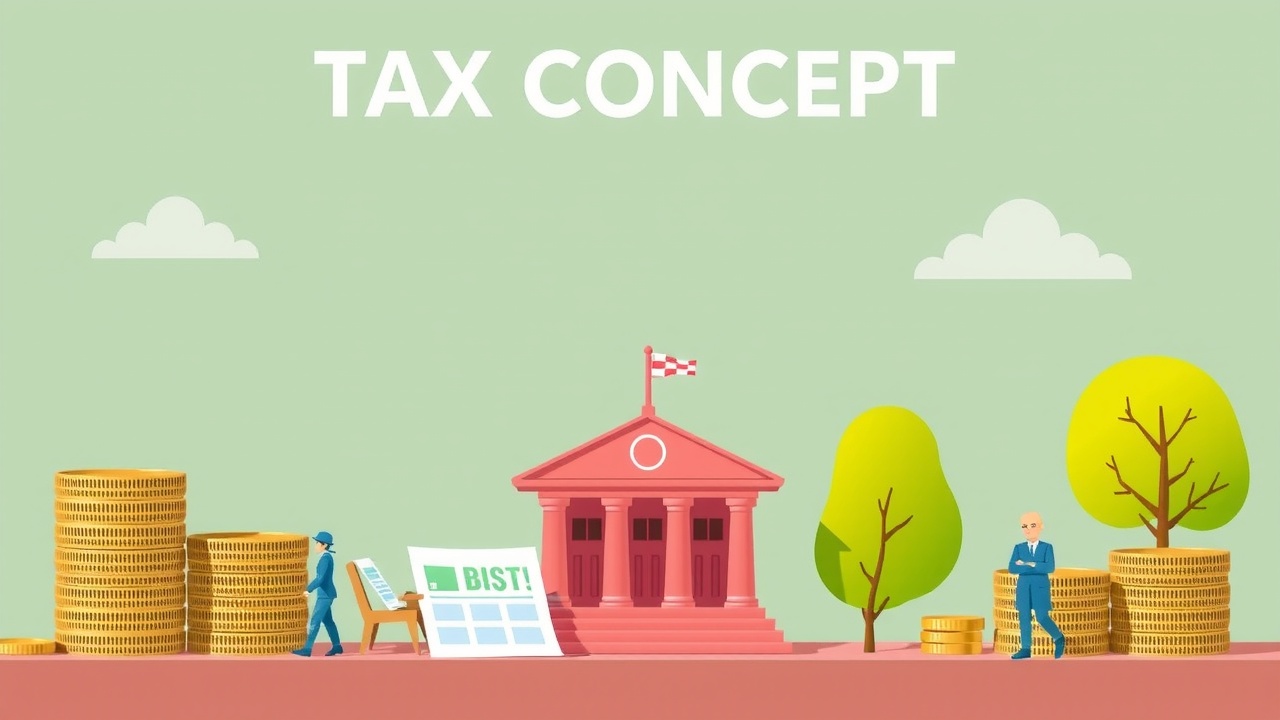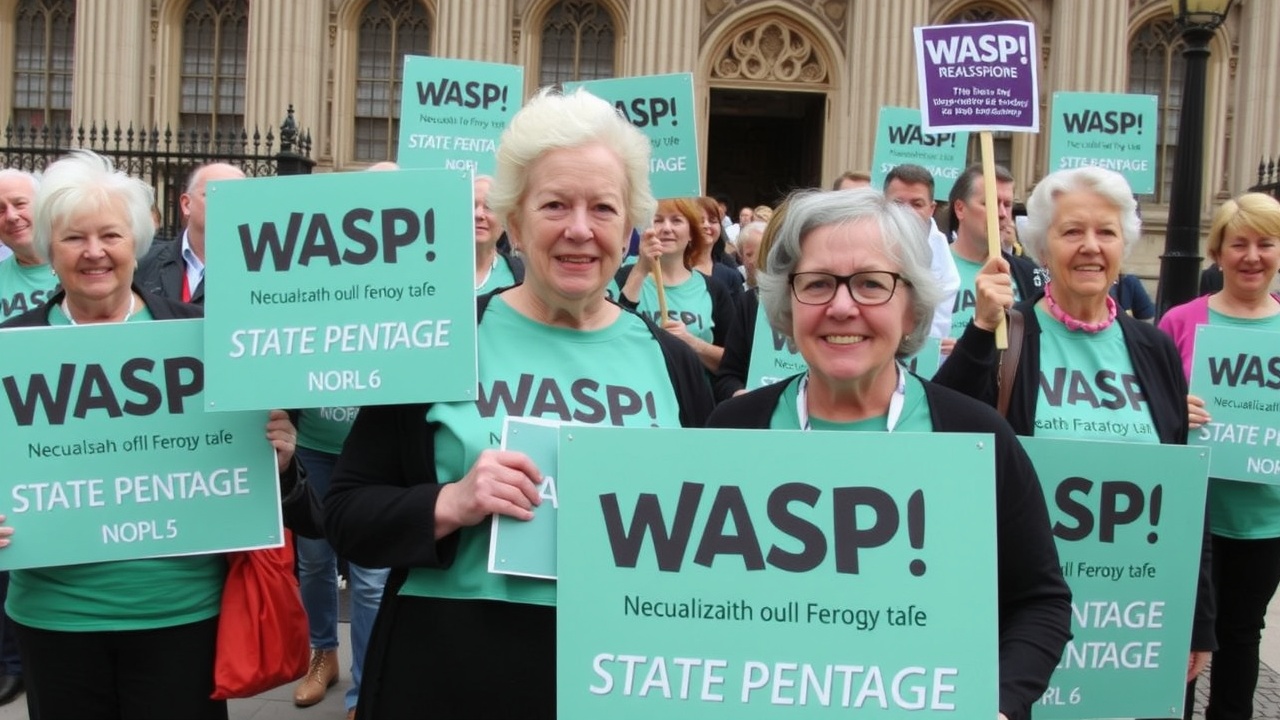
There is increasing support for a 2 percent wealth tax as the chancellor prepares the Spring Statement for next week
It would address economic inequality and generate billions of pounds in revenue, according to campaigners.
Ahead of the government's Spring Statement next week, there is interest in the proposal to impose a 2 percent wealth tax on the wealthiest individuals.
A fleet of mobile billboards that were commissioned by the campaign group Patriotic Millionaires UK have been traveling the nation, indicating that the UK is losing out on 460 million dollars every week due to the absence of a wealth tax.
Supporters of the tax include the Green Party, lobby groups Tax Justice UK and Patriotics Millionaires UK, the charity Oxfam, and several Labour MPs, including Richard Burgon, MP for Leeds East, and Diane Abbott, mother of the Commons.
"I would introduce the wealth tax," Abbott said in response to a recent question concerning the rumored benefits cuts that were announced yesterday. It would raise £24 billion annually if a mere 2 percent wealth tax were imposed on those with assets exceeding £10 million. That's what I would do.
Following a Spring Forecast from the UK's fiscal watchdog, the Office for Budget Responsibility, Chancellor Rachel Reeves will make her Spring Statement on Wednesday, March 26.
After this week's welfare reforms, a difficult economic environment has sparked rumors that we should expect further spending cuts.
Chris Etherington, a private client partner at the tax firm RSM, says: "Instead of considering possible spending cuts, many people might be hoping that the chancellor changes his mind and considers a wealth tax to generate money for the Exchequer.
A wealth tax: how would it operate?
Campaigners claim that a 2 percent annual wealth tax paid by those with over £10 million in assets could generate about £24 billion annually.
The executive director of Patriotic Millionaires International, a group of millionaires working to eradicate extreme wealth, Rebecca Gowland, tells BFIA: "This country's tax system needs to be redesigned to make it more equitable and simpler. A wealth tax or something similar must be implemented as a top priority by the government if we are serious about tackling the root cause of our nation's severe economic inequality.
It would "begin to reduce the risks and harms of extreme wealth" and provide billions of dollars in "much-needed revenue" annually, she contends.
Patriotic Millionaires UK states that imposing the tax on assets worth more than £10 million "would ensure that only a tiny proportion of the population are impacted, just 0.04 percent, or 20,000 people."
If the current government and voters felt that a 2 percent wealth tax was excessive, a 1 percent wealth tax could be implemented.
Gina Miller, the founder of SCM Direct and MoneyShe.com and an anti-Brexit activist, is in favor of a 1 percent or 2 percent wealth tax.
According to her, "targeting the most vulnerable in society should never be on the table when more practical and fairer solutions are within reach" when it comes to economic growth, defense, and public services funding.
The time has come for a new generation of philanthropists to take over and fulfill the role that the Victorian philanthropists played, she tells BFIA.
Not only did these individuals generate wealth, but they also utilized their resources to promote social and political change, improving healthcare, employment, housing, education, and reducing poverty nationwide.
In a letter to world leaders at the World Economic Forum, 370 millionaires and billionaires urged them to tax the super-rich and address the growing problems of poverty, inequality, and health in our societies, demonstrating that we are not fighting this battle alone.
Prior to the Autumn Budget, 30 Members of Parliament wrote to Reeves last October, requesting a new 2 percent tax on assets valued at more than £10 million. A dozen Labour Members of Parliament were among them, along with Jeremy Corybn, a former Labour leader, and representatives from Plaid Cymru, the Green Party, and the Liberal Democrats.
Would 24 billion dollars be raised annually by a wealth tax?
In order to avoid paying taxes, some millionaires may choose to leave the UK or divide their wealth among family members, so critics doubt that a 2 percent wealth tax would bring in £24 billion annually.
Etherington observes: "An annual wealth tax may, in theory, increase the amounts advertised, but in practice, this is very uncertain. It could lead to many taxpayers altering their behavior to avoid the charge, and it would be challenging to administer.
Administrative expenses, like those associated with routine asset appraisals, would also be incurred. For unlisted businesses in particular, who might need to get an independent valuation every year, this would be practically challenging to accomplish. To meet this demand, HMRC would probably require a sizable increase in resources, according to Etherington.
A two percent levy may seem insignificant, but "it amounts to a huge sum for an annual payment," according to former pensions minister Baroness Altmann.
According to her, "If the wealth tax is made an annual payment, it would definitely discourage people from accumulating assets and wealth here or establishing a business here, and it would increase the flow of emigration that could amount to a brain drain."
Of course, determining the true value of someone's assets would be challenging, particularly if the business is jointly owned or expanding.
Arguments in favor of and against a wealth tax.
72% of respondents favored a "tax," per a study conducted by Patriotic Millionaires UK.
On 10 million," while 65 percent of UK millionaires favor a wealth tax as a means of addressing the crisis of rising living expenses and funding public services.
The campaign group claims that support from unions, politicians, and think tanks is increasing.
Some millionaires might be willing to pay more taxes, and the current Labour government would undoubtedly benefit greatly from the billions of dollars in additional revenue, but as was already mentioned, it could be a difficult tax to implement.
"Those whose wealth is in realisable cash or securities, but not in property or illiquid assets, would need to have allowances made," explains Altmann.
"While France does impose a wealth tax, it also has a history of abruptly nationalizing all of its banks for ideological reasons," she continues. Though it has never been done in the UK, it might be tried as a one-time measure, but 2 percent is a lot of money.
A wealth tax is a "dreadful idea," according to Jason Hollands, managing director of the wealth management company Evelyn Partners.
Although a wealth tax may "provide a short-term boost to tax receipts, especially if sprung upon a country at short notice and accompanied by draconian capital controls to stop people taking their money elsewhere," he claims that in the long run, it won't be effective.
Because they merely push people and capital to other jurisdictions, reduce a nation's competitiveness, and impede the creation of new wealth, such policies have failed where they have been tried.
As we already have fairly high wealth taxes in the form of dividend, capital gains, and inheritance taxes, Hollands says, "It's a very bad idea."
Will there be a wealth tax imposed by the government?
There hasn't been "much appetite from the front bench" of government for the wealth tax, Gowland acknowledges, despite the momentum surrounding it and the appearance of billboards.
"Patriotic Millionaires UK is always engaging with Members of Parliament from all parties, including Labour MPs," she stated. "But we haven't seen much interest from the front bench yet. "We're all losing because of the slow response. In actuality, wealth taxes are a tool that can boost our economy, and the sooner the government recognizes this, the sooner we can begin the process of rebuilding Britain.
Last September, Reeves stated on the Today show: "There will be a lot of tough choices regarding welfare, spending, and taxes, but we won't be implementing a wealth tax.
"Our progressive tax system means the top 1 percent of taxpayers contribute nearly a third of income tax, with revenue from wealth and asset taxes like capital gains tax and inheritance tax going towards funding tens of billions of pounds for public services," a Treasury spokesperson told BFIA in response to a question for the government about whether it would consider implementing a wealth tax.
Does Reeves need to impose a wealth tax of two percent?














Leave a comment on: Could Labour impose a wealth tax of two percent?